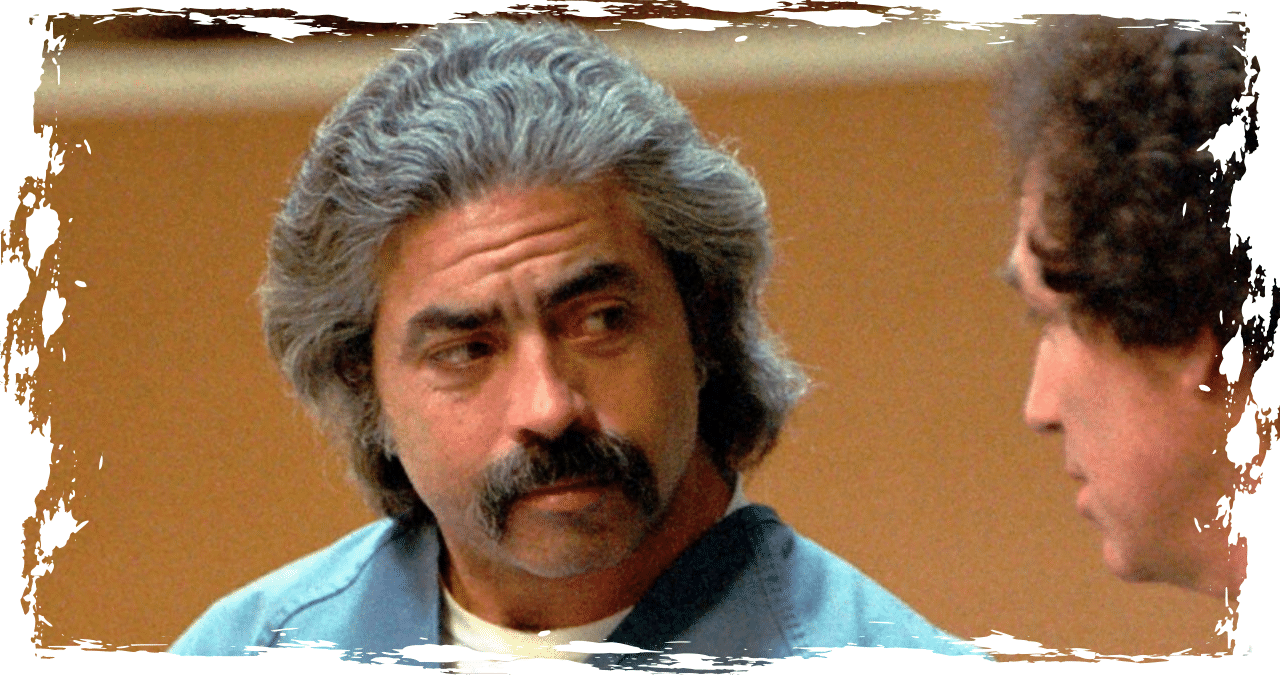Davis’ lawyers contended in a court filing in February that his death sentence should be revoked due to recent modifications in California’s sentencing laws. They also highlighted the existing moratorium on the death penalty in the state. In 2019, Governor Gavin Newsom imposed a moratorium on executions, denouncing the death penalty as a flawed system that disproportionately targets mentally ill, Black and brown defendants, or those lacking the financial means to secure adequate legal representation. It is worth noting that a future governor could reverse this policy.
The Sonoma County District Attorney’s Office dismissed Davis’ attorneys’ arguments as “nonsensical” and asserted that the laws they are referring to are not applicable to Davis’ death sentence for Klaas’ murder.
The passage of a “three strikes” law in 1994 in California, which imposed longer sentences for repeat offenders, was greatly influenced by this case. The proposal was approved by lawmakers and voters.
California has not carried out any executions since 2006, during Arnold Schwarzenegger’s tenure as governor. Despite the approval of a ballot measure in 2016 to expedite the process, no death row inmate is currently facing immediate execution.
California’s death row population has significantly increased since its last execution. Currently, the state holds one out of every four condemned inmates in the United States.



